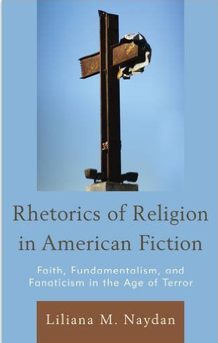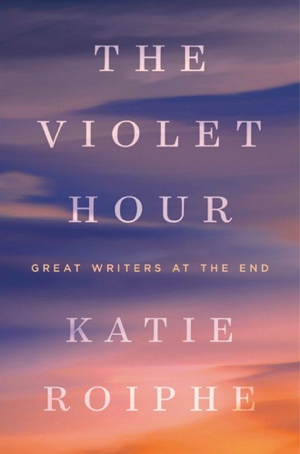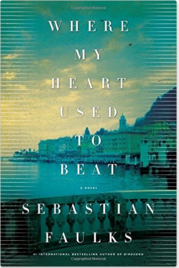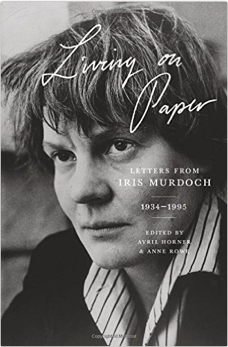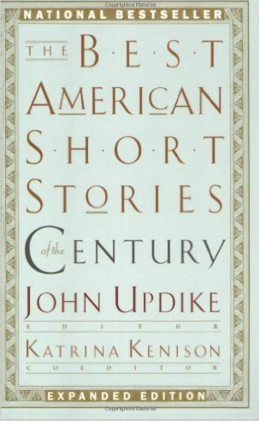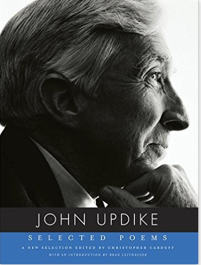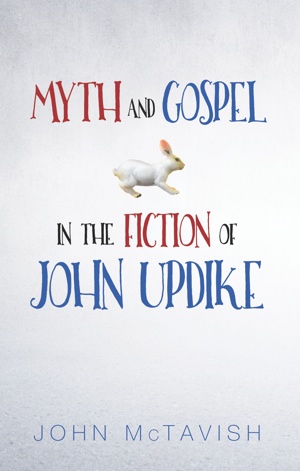 John McTavish, whom John Updike Society members know from past conferences, has published a book on Myth and Gospel in the Fiction of John Updike with Cascade Books, an imprint of Wipf and Stock Publishers.
John McTavish, whom John Updike Society members know from past conferences, has published a book on Myth and Gospel in the Fiction of John Updike with Cascade Books, an imprint of Wipf and Stock Publishers.
McTavish, a minister of the United Church of Canada, had previously published essays on Updike in such journals as Touchstone, Theology Today, The United Church Observer, and The Presbyterian Record.
Although the book is so new that it doesn’t appear yet on the Wipf and Stock website, we can share the back flap copy:
“Big on style, slight on substance: that has been a common charge over the years by critics of John Updike. In fact, however, John Updike is one of the most serious writers of modern times. Myth, as this book shows, unlocks his fictional universe and repeatedly breaks open the powerful themes in his literary parables of the gospel. Myth and Gospel in the Fiction of John Updike also includes a personal tribute to John by his son David, two essays by pioneer Updike scholars Alice and Kenneth Hamilton, and an anecdotal chapter in which readers share Updike discoveries and recommendations. All in all, weight is added to the complaint that the master of myth and gospel was shortchanged by the Nobel committee.”

